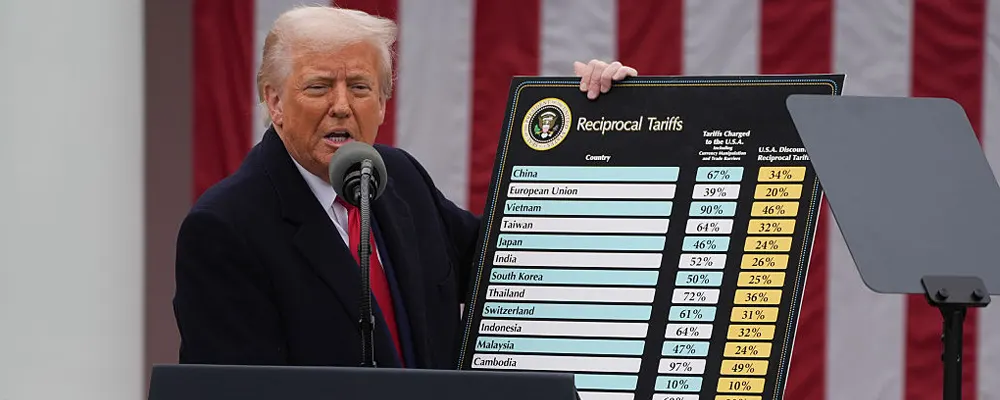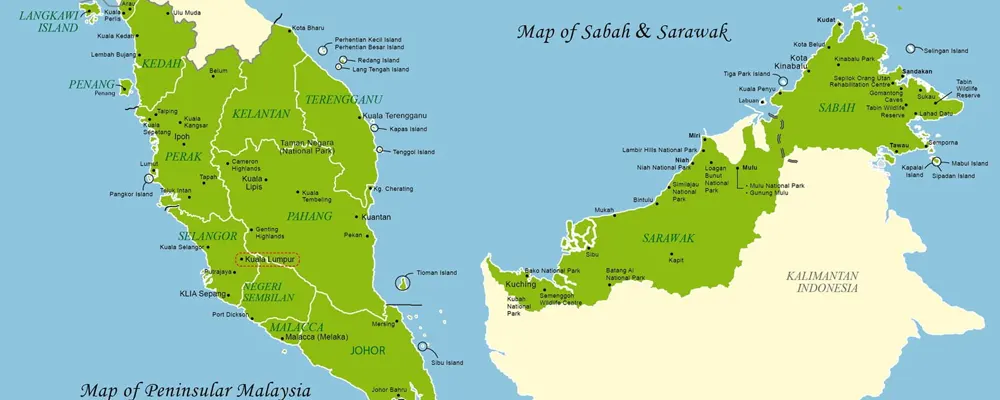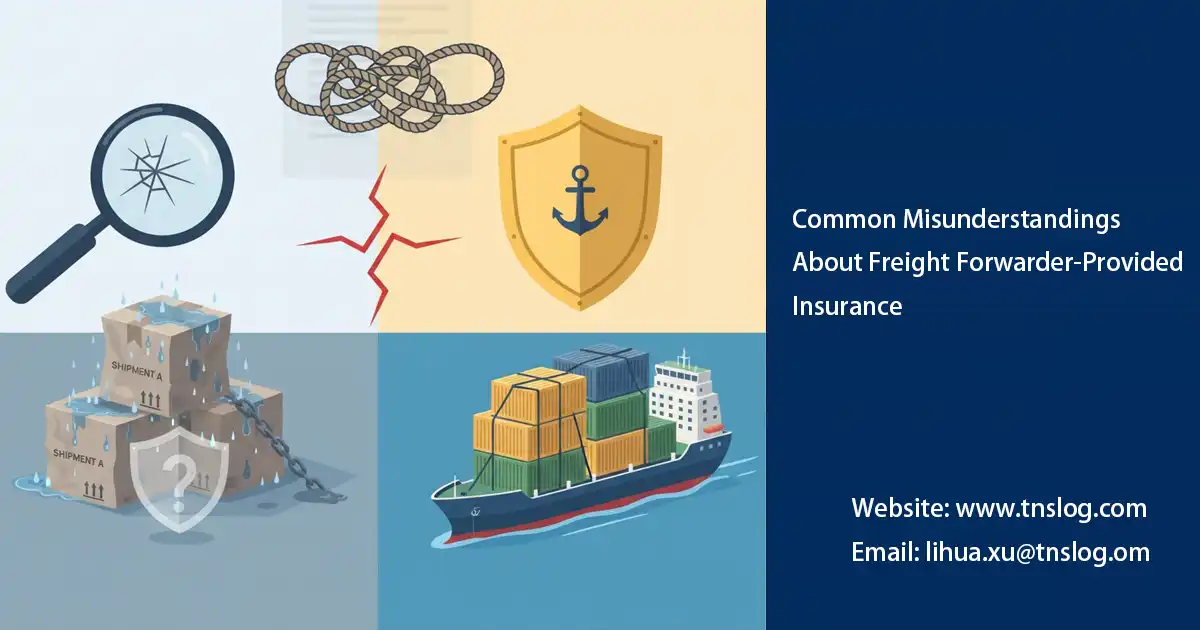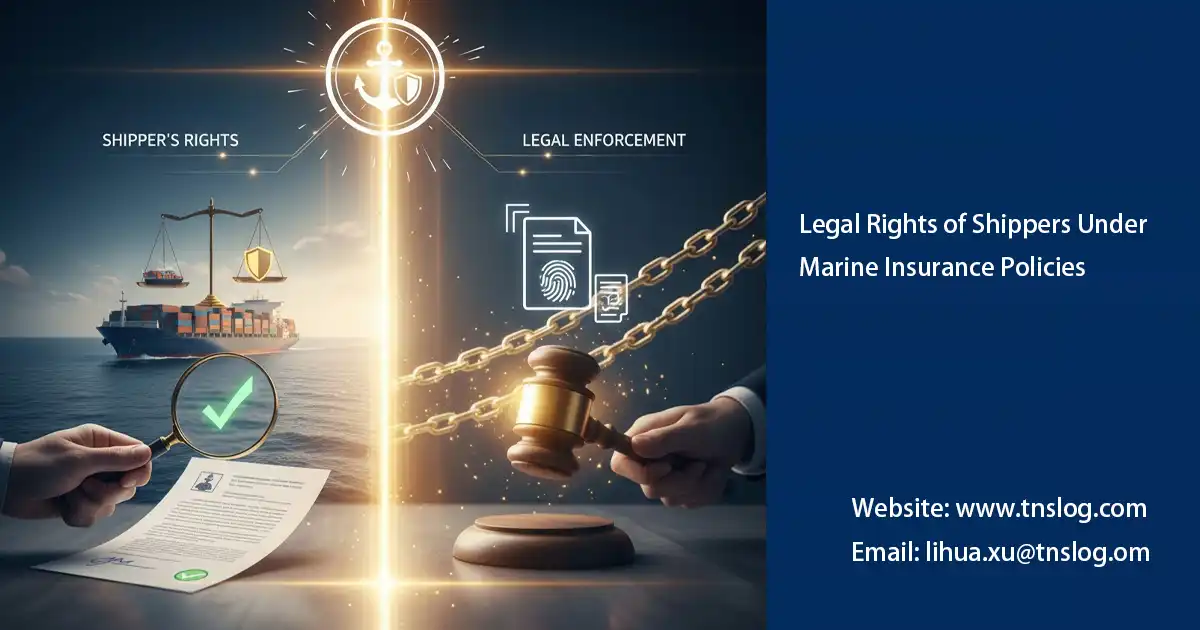Transit Trade Through Malaysia: Your Solution to the U.S.’s 104% Tariffs on Chinese Imports
As of April 9, 2025, the United States has imposed a staggering 104% tariff on Chinese imports, sending shockwaves through the global trade community. For businesses relying on direct exports from China to the U.S., this punitive measure has made many products economically unfeasible. But there’s a way out: transit trade through Malaysia. This legal and strategic approach allows importers to bypass these crippling tariffs while keeping supply chains efficient and compliant.
Based in Malaysia, we’re a specialized freight forwarder ready to help you restructure your operations, minimize costs, and navigate the complexities of today’s trade landscape. Let’s explore how transit trade can save your business—and why Malaysia is the perfect hub for it.

What Is Transit Trade and How Does It Work?
Transit trade, often called re-export trade, involves shipping goods through an intermediary country—such as Malaysia—before they reach their final destination. Instead of sending products directly from China to the U.S. and facing a 104% tariff wall, goods are routed through Malaysia for processing, repackaging, or relabeling, then re-exported with a new country of origin.
This method is a lifeline for businesses hit by high tariffs or trade restrictions. But it’s not just about dodging costs—it’s about doing it legally and efficiently. Here’s what you need to know about the legal framework:
- Rules of Origin Compliance:
- The U.S. Customs and Border Protection (CBP) requires goods to undergo a “substantial transformation” in Malaysia to qualify for a new origin.
- A valid Malaysian Certificate of Origin (COO) is essential to secure lower tariffs.
- Avoiding Customs Pitfalls:
- Misdeclaring origins or skimping on documentation can lead to fines or shipment seizures.
- Proper processing—like repackaging or minor assembly—in Malaysia ensures compliance.
With the right partner, transit trade is a straightforward and lawful way to keep your goods moving.
Why Choose Malaysia as Your Transit Hub?
Malaysia stands out as an ideal intermediary for rerouting Chinese goods to the U.S. Here’s why:
- Favorable Trade Policies:
- Malaysia imposes low or zero import duties on many goods, cutting your initial costs.
- Unlike the U.S., Malaysia doesn’t slap anti-dumping duties on Chinese products, making it a tariff-friendly gateway.
- World-Class Logistics:
- Ports like Port Klang and Penang offer top-tier transshipment facilities.
- Free Trade Zones (FTZs) allow you to store, process, and repackage goods without immediate customs fees.
- Strong U.S. Trade Ties:
- Malaysia enjoys stable trade relations with the U.S., ensuring smoother customs clearance.
- No geopolitical tensions mean less scrutiny compared to direct China-U.S. shipments.
In a world where U.S. tariffs are reshaping trade routes, Malaysia’s strategic advantages make it a no-brainer for cost-conscious importers.

How to Implement Transit Trade: A Simple 3-Step Process
Ready to slash your tariff burden? Here’s how transit trade through Malaysia works:
- Step 1: Ship from China to Malaysia
- Goods leave China under standard trade terms.
- Our team handles customs clearance, warehousing, and paperwork for a hassle-free arrival in Malaysia.
- Step 2: Process in Malaysia
- Repackaging & Relabeling: We tweak packaging to meet U.S. import rules.
- Substantial Transformation: If needed, we perform minor assembly or processing to justify a new origin.
- Secure a Malaysian COO: We obtain the certification that unlocks lower U.S. tariffs.
- Step 3: Export to the U.S.
- Goods ship from Malaysia to the U.S. under Malaysia’s trade terms.
- Say goodbye to the 104% China-specific tariffs and hello to cost savings!
With our expertise, this process is seamless, compliant, and tailored to your needs.
Industries That Benefit Most
- Electronics & Tech: Semiconductors, consumer gadgets.
- Textiles & Apparel: Clothing, footwear.
- Machinery & Parts: Automotive components, industrial equipment.
- Consumer Goods: Furniture, appliances.
Note: High-risk items like steel or solar panels may need extra compliance checks—our team can guide you through it.



Why Transit Trade Is Your Best Move in 2025
The U.S.’s 104% tariffs on Chinese imports are a brutal hit to profitability. But transit trade through Malaysia offers a lifeline:
- Slash Costs: Avoid tariffs that could more than double your expenses.
- Stay Competitive: Lower costs let you price products aggressively in the U.S. market.
- Ensure Compliance: Our expertise keeps you on the right side of international trade laws.
For example, a Chinese electronics exporter facing a 104% U.S. tariff could reroute through Malaysia, process goods in an FTZ, and re-export with a Malaysian COO—cutting duties to a fraction and preserving margins.
Conclusion: Beat Tariffs with Malaysia and Our Expertise
The U.S.’s tariff hike to 104% on Chinese goods as of April 9, 2025, doesn’t have to sink your business. Transit trade through Malaysia is a legal, cost-effective, and sustainable way to keep your supply chain thriving. By leveraging Malaysia’s trade perks and our logistics know-how, you can dodge tariff headaches and boost profitability.
Ready to take control? Contact us today to optimize your supply chain and reduce tariff exposure. As Malaysia-based freight forwarders, we offer end-to-end support—from customs to final delivery. Call us at +6016-600 9972 or email network1@tnslog.com.my for a free consultation. Let’s turn tariffs into opportunities—together!
You may also be interested in

Common Misunderstandings About Freight Forwarder-Provided Insurance
Common Misunderstandings About Freight Forwarder-Provided Insurance In international trade, freight forwarder-provided insurance is one of the most misunderstood aspects of logistics. Many shippers assume they’re

How Marine Insurance Premiums Are Calculated?
How Marine Insurance Premiums Are Calculated? Have you ever wondered why two shipments of the same value have completely different marine insurance premiums? Or why

Legal Rights of Shippers Under Marine Insurance Policies
Legal Rights of Shippers Under Marine Insurance Policies When cargo moves across oceans, it faces countless risks—from rough weather to handling damage and theft. For

US Israel Iran War Is Disrupting Global Shipping
US–Israel–Iran War — How It Is Affecting Global Shipping and What Malaysian Importers and Exporters Must Know Now US Israel Iran War Is Disrupting Global
